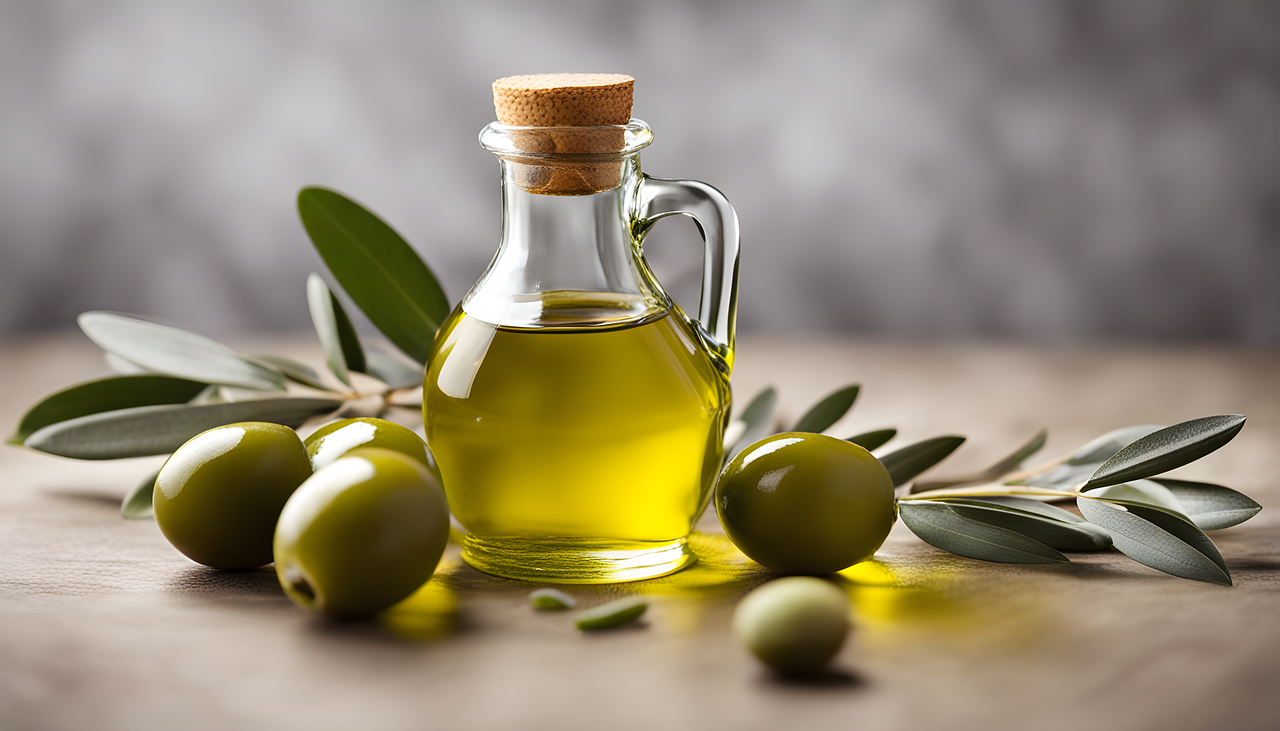Seed Oils
Introduction:
In the ever-evolving world of nutrition trends, one topic that has gained substantial attention is the debate surrounding seed oils. Social media platforms like TikTok have seen viral discussions about the potential toxicity of these oils, linking them to a range of health issues, from acne to cancer. However, as we delve into the realm of seed oils, we discover a complex and nuanced story that goes beyond the sensationalism of social media. Registered dietitian Julia Zumpano, RD, LD, sheds light on what seed oils truly are, their impact on our health, and whether we should completely eliminate them from our diets or focus on achieving a balanced and wholesome nutritional approach.
What are Seed Oils?
Seed oils, often found in a variety of processed foods, are plant-based cooking oils derived from the seeds of different plants. These seeds undergo a chemical process involving bleaching, refining, and heating to become suitable for cooking and baking purposes. While they find their place in home kitchens for tasks like baking healthy muffins or pan-frying potato pancakes, they are also commonly used in restaurant settings, especially canola oil for deep-frying.
Types Of Seed Oils
Eight seed oils have emerged as the most prevalent in the culinary world:
- Canola oil (also known as rapeseed oil).
- Corn oil.
- Cottonseed oil.
- Grapeseed oil.
- Soybean oil.
- Sunflower oil.
- Safflower oil.
- Rice bran oil.
- Peanut oil.
Collectively, these oils are sometimes referred to as the “hateful eight.” Some believe they are toxic and advocate for their complete removal from our diets. However, the issue at hand might not solely be the seed oils themselves but rather how they are employed in our food system.
Are Seed Oils Harmful?
The question of whether seed oils are detrimental to health is a complex one, with a nuanced answer. These oils are typically highly processed, which can strip away their potential health benefits. Moreover, they are often used in the production of ultra-processed foods like fast food items, which can lead to inflammation within the body.
Seed oils contain high levels of omega-6 fats, which, when consumed excessively, can contribute to inflammation. While omega-6 fats are not inherently bad and have their place in a balanced diet, the overabundance of these fats in the American diet disrupts the ideal ratio between omega-6 and omega-3 fatty acids, leading to chronic inflammation. This inflammation is linked to several health conditions, including arthritis, heart disease, metabolic syndrome, stroke, and type 2 diabetes.
To mitigate potential health risks associated with seed oils, it is essential to moderate their consumption, particularly within the context of processed and fast foods.
Should You Avoid Seed Oils Completely?
While eliminating seed oils entirely from your diet is an option, it is equally effective to focus on reducing the consumption of processed foods, which inherently limits your intake of these oils. Julia Zumpano suggests that the emphasis should be on minimizing processed packaged foods, fast foods, and dining out. By taking this approach, you naturally reduce your exposure to seed oils without necessitating their complete exclusion.

When using seed oils at home, moderation is key. While they may not be the healthiest choice, using them sparingly in home cooking is less harmful than consuming them in the form of ultra-processed and fast foods. However, it is advisable to explore alternative oils, such as avocado oil or extra-virgin olive oil, which offer a better balance of omega-3 fatty acids and are less processed.
Choosing Healthier Alternatives
Incorporating healthier oil options into your cooking can make a significant difference in your overall well-being. For low-heat cooking, extra-virgin olive oil (EVOO) is an excellent choice. Avocado oil, on the other hand, is ideal for high-heat cooking. Both of these oils are rich in heart-healthy omega-3 fatty acids and retain more of their natural nutrients because they are less processed than seed oils.
It’s important to acknowledge that EVOO and avocado oil can be relatively expensive, which may not fit every budget. In such cases, unrefined peanut oil or unrefined sunflower oil can serve as reasonable alternatives.
Limiting Oil Use
In general, it’s wise to exercise restraint when it comes to cooking oils, whether they are seed-based or not. This caution is particularly relevant when dining out since most restaurants use cheaper, refined cooking oils. However, the primary focus should be on minimizing the consumption of ultra-processed foods in your daily life.
Cooking at home and opting for foods with simple ingredients should be the cornerstone of your dietary approach. By doing so, you naturally decrease your intake of seed oils and maintain better control over your nutritional choices. Julia Zumpano emphasizes the importance of balancing omega-6 and omega-3 fatty acids in your diet. While omega-3s are vital for overall health, omega-6s should be consumed in moderation.
In conclusion, the debate surrounding seed oils is multifaceted. While they have their drawbacks, it’s essential to recognize that their impact on health is closely tied to their use in processed and fast foods. Prioritizing whole, unprocessed foods in your diet can help you strike a balance and make healthier choices without completely eliminating seed oils from your culinary repertoire.







Сиделки для пожилых: как правильно выбрать помощницу
стоимость услуг сиделки http://www.sidelki39.ru/.
Полный спектр ритуальных услуг: профессионально и с индивидуальным подходом
городские ритуальные услуги https://www.ritual-gratek17.ru.
Вскрытие врезных замков в Москве для квартир и офисов
экстренное вскрытие замков в москве https://www.azs-zamok11.ru/.